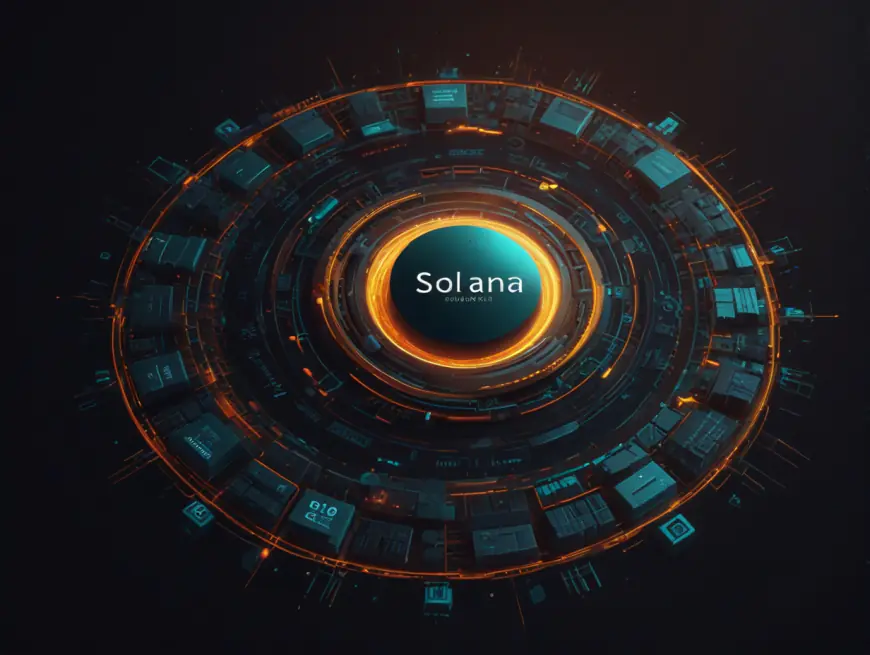Creator of the Fantom blockchain, Andre Cronje, Weighs In on Solana’s Scalability Efforts
Andre Cronje, the creator of the Fantom blockchain, made interesting observations on Solana’s operational issues during the peak of this blockchain chain’s popularity. To his Twitter account, known as “X,” Cronje shared an official statement countering the growing narrative regarding Solana’s current problems, which had received immense attention from the crypto world on discussion boards. […]

Andre Cronje, the creator of the Fantom blockchain, made interesting observations on Solana’s operational issues during the peak of this blockchain chain’s popularity.
To his Twitter account, known as “X,” Cronje shared an official statement countering the growing narrative regarding Solana’s current problems, which had received immense attention from the crypto world on discussion boards.
Claims that the Solana network’s issue originates from its rapid growth and swifter success rather than stemming from a basic flaw in its construct or consensus systems.
Andre Cronje on Solana’s Scalability Solutions Amid High Demand
Solana was created to become Ethereum’s main alternative to smart contact possibilities with high scalability but fewer complications. Yet, its stellar voyage has mission-depressing technical glitches such as several other communication failures.
Such cases are planted by users and cause reliability issues to appear as the platform scales. Jornen mentions that at the heart of Solana’s problems are engineering issues linked to the capacity of the blockchain to hold the massive spate of traffic.
This is the reason for the bandwagon effect, as the greater demand for block intermediation causes congestion, thereby slowing down transaction times and deteriorating user experience. Nonetheless, Cronje asserts that consensus mechanisms are not the factor to blame here. Instead, the right technology solutions are bound to cure the problems identified.
The report on issues of Solana’s project draws analogies in various blockchain technology sectors. Besides, Ethereum itself underwent a crucial change to deal with the identical scalability and efficiency problems that it initially faced, moving from the Proof of Work (PoW) to a Proof of Stake (PoS) model through a Merge.
The Solana development group, with founding member Anatoly Yakovenko, is very much involved in finding a solution to the network’s congestion crisis. They are directing their efforts towards better infrastructure support that will allow the platform to host all the users and transactions without leading to a performance drop-off.
Solana’s pivot: mastering growth and innovation
For Solana, going forward, apart from the technology upgrades, a deep strategic review is another yardstick for scaling up efficiently while maintaining security and performance metrics. The problems it ultimately faces are due to the growing pains that are common for many blockchain platforms, which have to learn how to be efficient and scalable in the face of user demand.
Solana has the chance to prove it can sustain and innovate, easily adapting to any setbacks. These engineering challenges can be tackled accordingly, leading the platform to eventually gain recognition as among the top smart contract platforms that can comfortably handle any module of application and service.
Things will heat up for investors, developers, and users in the following weeks as everyone will be on the lookout, trying to figure out Solana’s future and claim in the DeFi space.
Andre Cronje’s opinion scrutinizes and weighs Solana’s complexities and issues in terms of the challenges they bring, not as obstacles that are too difficult to overcome. His philosophies point out that tactical innovation and adaptation of strategic plans constitute essential aspects for the evolution of the blockchain platform.
What's Your Reaction?









































































































